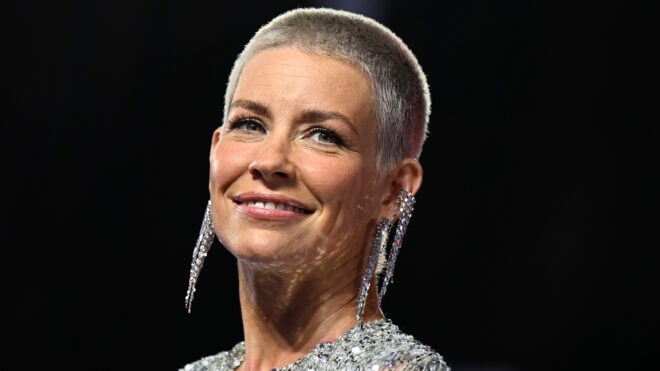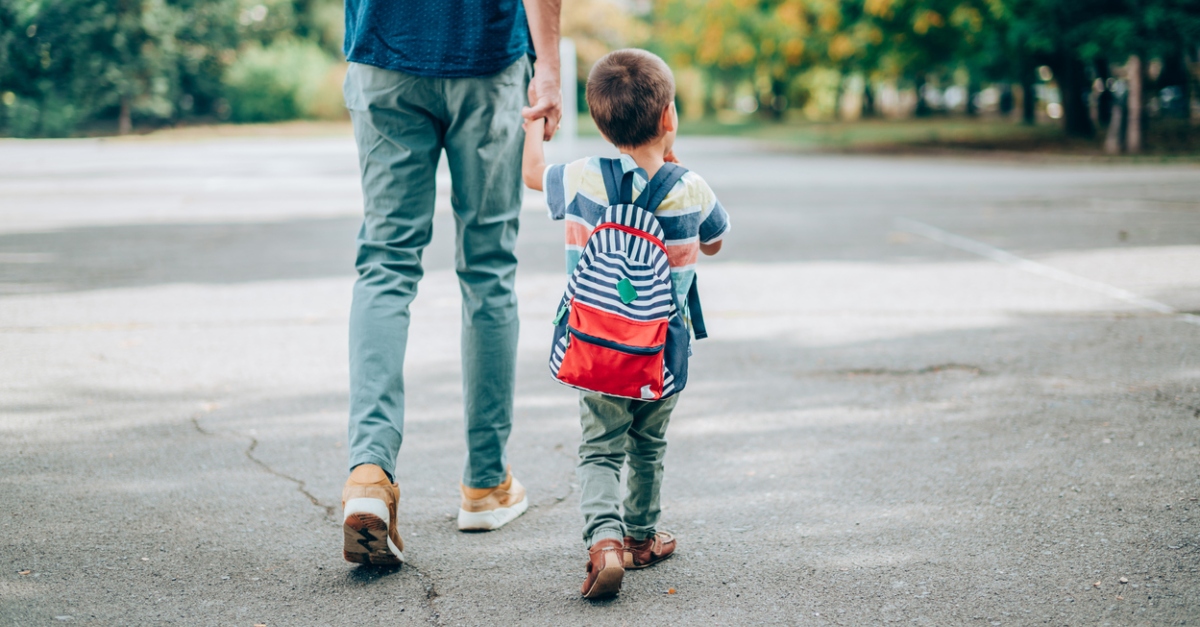
I’m an LGBTQIA+ educator and public speaker. If I can speak to parents and teachers early and often, I know I can make a positive impact on the lives of queer youth and their allies. Parents and teachers don't need to know if they have a queer kid in their home or classroom to use inclusive language, visible signs of allyship, and positive representation of LGBTQIA+ folks; however, they should assume there is someone queer in the room because there probably is. The sooner we normalize queerness and create supportive peers, the better. This approach is one of prevention and not reaction. In order to prevent bullying, depression, suicide, and rejection, folks need to embrace what they perceive as uncomfortable or tough conversations sooner than when they think kids are ready. If we wait until kids are "older" to talk about sexuality, consent, race, or bigotry, then we have waited too long. We need to talk to our kids early and often.
An elementary school principal once asked me why I was citing suicide rates for queer teens when I was emphasizing the need to put diverse picture books in a classroom of kindergarteners; these kids were far from middle school. Yes, exactly! We don't introduce algebra before we introduce addition when teaching math. If we want to prevent the negativity that leads to self-harm in middle school and high school, we need to teach kids that all forms of gender expressions are valid. We need to continue to break gender stereotypes and give kids the confidence to be their most authentic selves when our heteronormative society tells them otherwise. We need their peers to support this, too.
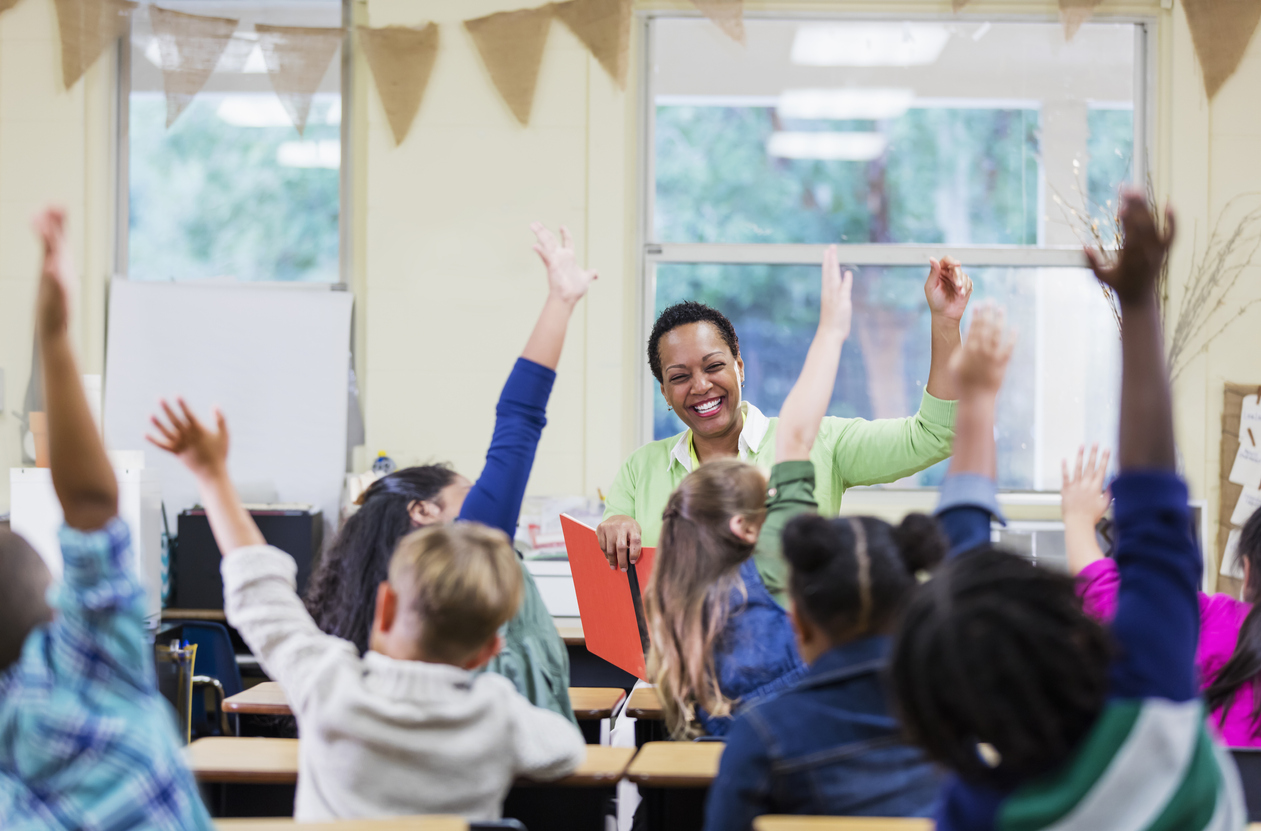
There are age-appropriate ways to talk about all of the big stuff so that kids grow up embracing and understanding diversity and true respect for other people. Waiting until middle school means being faced with undoing 10 to 12 years of information that has been misconstrued or learned on their own from potentially less-supportive and misguided friends.
Kids are absorbing information constantly; not only do we need to provide messages that encourage open-minded critical thinkers who — let's be honest — aren't jerks, we need to know what they know. That means we need to find time and space to breathe into a topic that allows us to be honest without judgment.
Our own biases and fears can get in the way of talking to our kids without making them feel shame for being curious. When my own 9-year-old asked what "dirty magazines" were, I got tongue-tied, even though I am all for open and honest conversations about body parts, sex, and consent.
But this felt different because it wasn't her body or mine that we were talking about. As easy as it would have been to tell her she was too young to know about that stuff, I knew if she was asking, she wasn't too young. She had heard or read the words, and if I didn't explain, she would find someone who would. I wanted to be the one to provide accurate information. Also, telling her we couldn't talk about that topic would somehow imply she can't come to me with any and all topics. If I say I am always available, I need to always show up.
I explained that sometimes people allow others to take pictures of their naked or barely dressed bodies. We talked about how some people enjoy looking at naked bodies. We also talked about consent and when it was OK to do this and at what age. I made a point that it was never OK for an adult to take pictures of or look at kids' naked bodies, and if anyone ever asked her to do this, it was important to say no and then tell me or another adult. I absolutely stumbled through some of what I tried to explain, because it's scary to think that our kids can and will experience any type of sexuality. They are our babies! But in order to keep our babies safe, while respecting their bodies and others', we need to stumble once in a while.
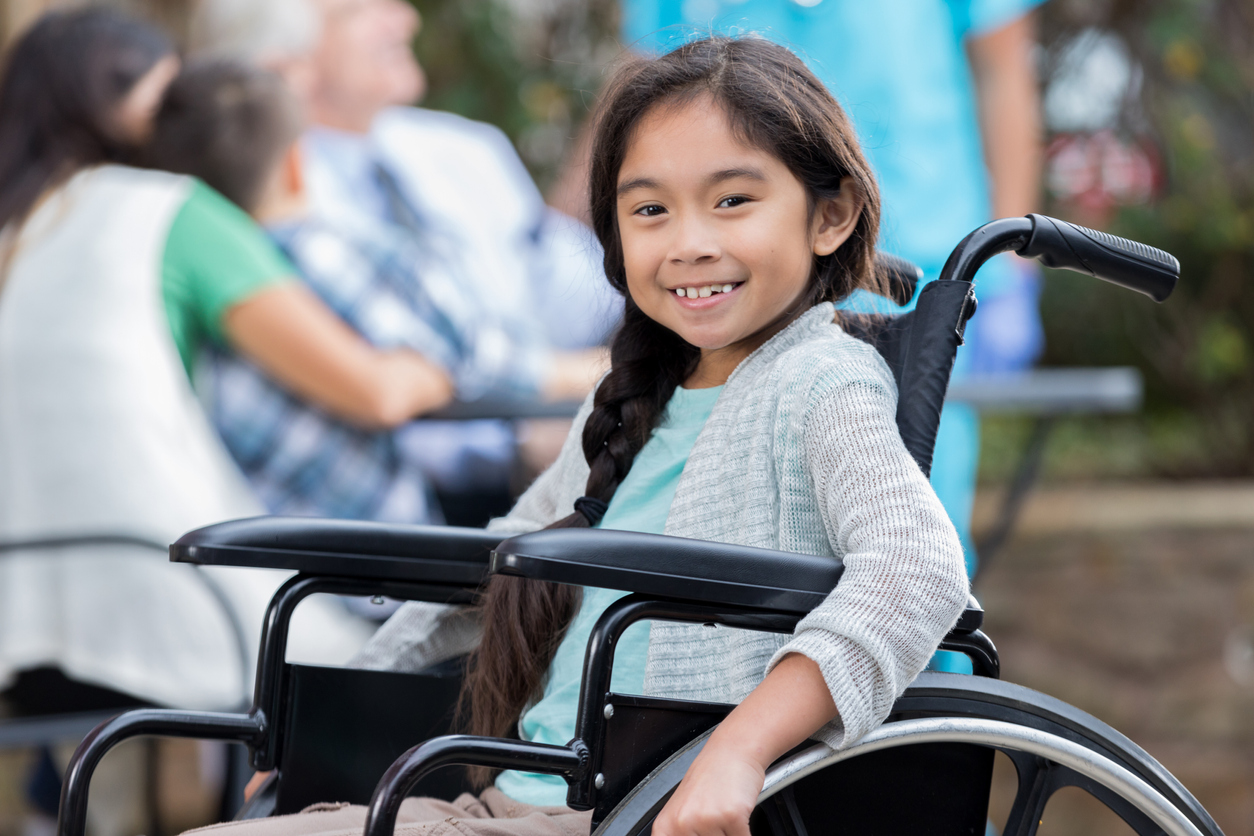
This approach applies to talking about race, different abilities or disabilities, socioeconomic differences, and mental health issues, too. When our kids see or hear new things, we want them to be able to sit with subjects in ways that allow them to understand them without judgment. If we avoid the "big stuff" until they are tweens or teenagers, we will miss the opportunity to eliminate their knee-jerk reaction to see people or ideas as weird, gross, or less than.
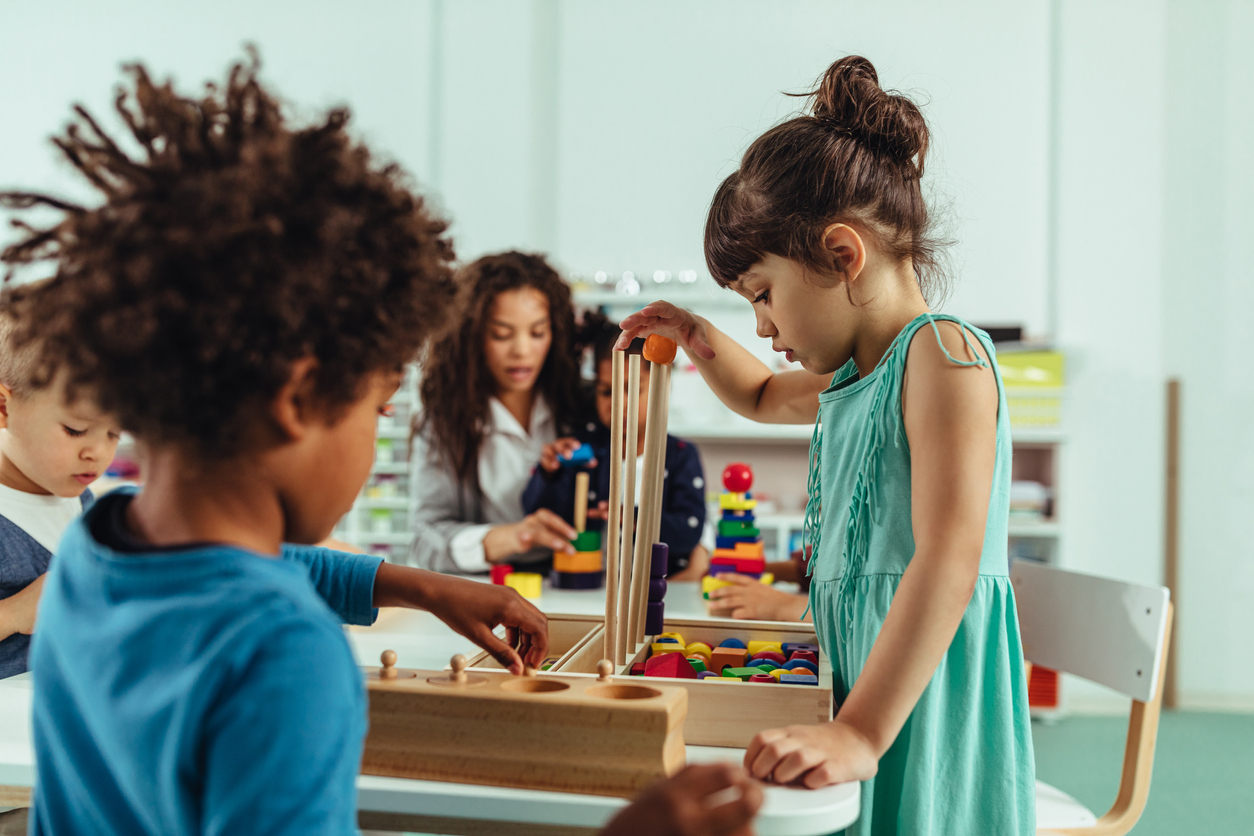
A kindergartener is capable of knowing all people deserve access to friendship, support, and safety no matter how they love, identify, or express themselves. If we can foster that knowledge through elementary, middle, and high school, than we will have created young adults who also understand all people deserve access to housing, employment, and health care, too.
Normalizing what goes against societal "norms" while uplifting marginalized voices from an early age will reduce bullying and contribute to kids who will create a more equitable world.


